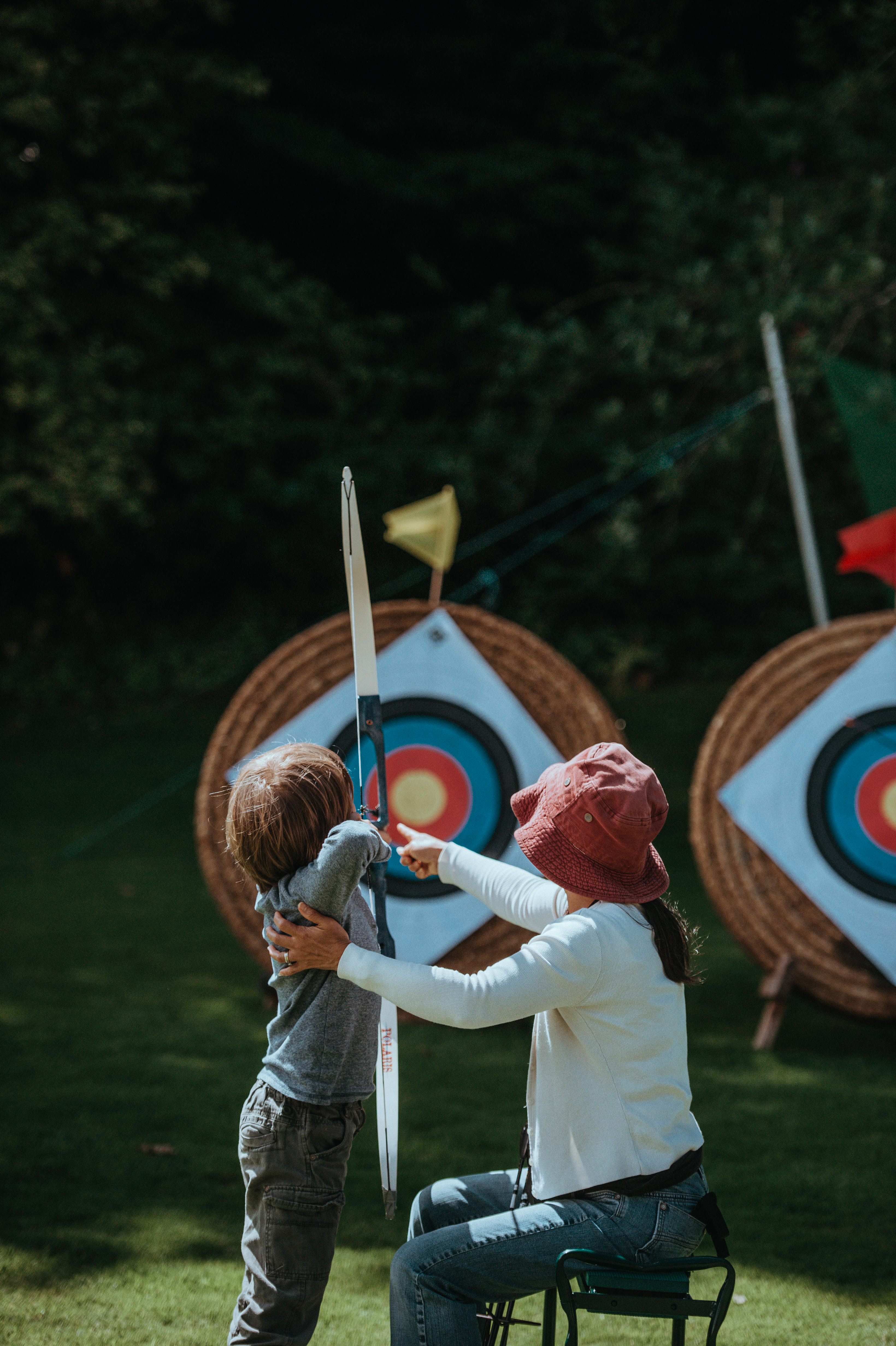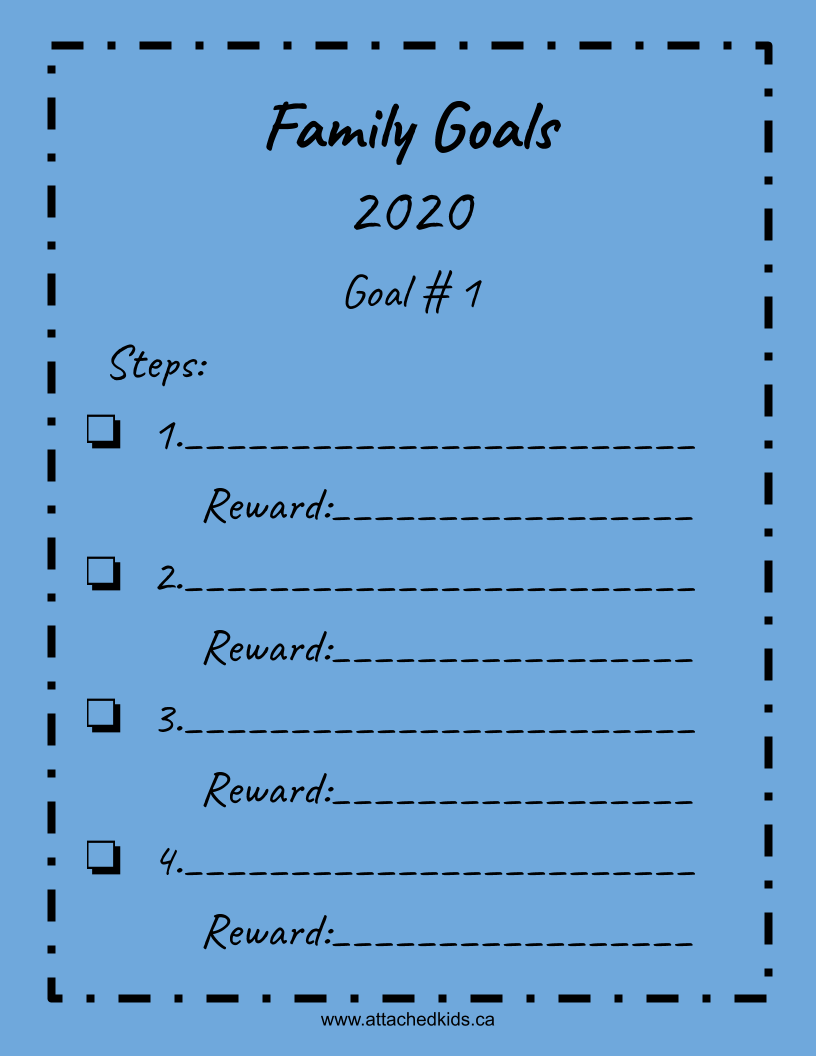Wow, how are we already coming around to the end of January? Time is flying by and we are now into the time of year when our New Years Resolutions start to fade away. We start the year with great intentions, then find ourselves back to where we started just a few weeks later! I know I’m not alone in this! Following through on goals is so. incredibly. difficult! You can tell I struggle with it because this post was meant to come out two weeks ago! Well, here I am now…following through in an imperfect way…better late than never!
So if we adults are struggling to follow through with our goals, how the heck can we get kids to follow through with their own goals? Especially with difficult emotional development and mental health goals? If you are reading this and thinking, Following through? How about even getting kids to set goals? Then check out my last post on helping kids to set goals here – then jump back to this one for tips on following through.
 Well, I have news for you that is possibly good and bad…the best way to help kids to learn to follow through with their goals, is by following through with your own. So, that can be frustrating to hear when we’ve all just admitted that we struggle to follow through with our own goals (I am pretending that I am not alone in this and you admitted your struggle to me as you read about my own), or it can be great news – it tells us that we are all in this together. You and your kids (and me!) are all struggling through this one together. That means that we can work together. You and your kids can work together to learn better ways to stick to and follow through with your goals. Here are my top tips to help get you started:
Well, I have news for you that is possibly good and bad…the best way to help kids to learn to follow through with their goals, is by following through with your own. So, that can be frustrating to hear when we’ve all just admitted that we struggle to follow through with our own goals (I am pretending that I am not alone in this and you admitted your struggle to me as you read about my own), or it can be great news – it tells us that we are all in this together. You and your kids (and me!) are all struggling through this one together. That means that we can work together. You and your kids can work together to learn better ways to stick to and follow through with your goals. Here are my top tips to help get you started:
How to Help Kids Follow Through with their Goals
1. Set a Realistic Goal: You don’t have to be a hero here. Neither does your child. We often have huge goals and expectations for ourselves. Don’t get me wrong, having lofty goals is great! It keeps us striving for something better. But we can’t just start with the huge goal and expect to knock it out of the park. When setting goals, think small. What is something you can realistically achieve in the next week? Two weeks? Month?
2. Break it Down into Steps: Break your goal down into tiny, little, manageable steps. What are all of the tiny steps you can think of that will get you towards your goal/your child towards their goal? Write them all down and treat them as mini goals. If your goal is to improve your morning routine since the current one leaves everyone starting their day off stressed, list all of the little steps you can think of to get you there.
3. Start with the Easiest Step: Start small with something you or your child feels at least 90% sure you can achieve in the next few days.
4. Celebrate Each Win: Decide together how you will celebrate each small step you or your child achieves. Children especially need positive reinforcement to keep them motivated. What will motivate your child? A special game night? Picking a movie? Note: This is not bribery, bribery and positive reinforcement are different – we’ll talk about about that another day, in the meantime, click here for how to use praise to motivate kids.
5. Write it down: Write down all of the steps and how you will celebrate accomplishing each one, have it in a visible place in your home, and check off each step as you complete it.
6. Talk about it: Talk often and openly about goals with your children in a positive and non-shameful way. Get excited with them when they achieve a step, share your accomplishments and struggles with them, and support them when they struggle. You will be their main source of inspiration, so staying positive and motivated when they are struggling will help them get through the rough patches.
7. Get Help: We can’t do it all. Sometimes we need extra help. If your child’s goal is to learn how to stay calm when they are angry they will need help with this. And you might need help to learn how to help them with this. Asking for help from friends, family, or a professional is a sign of strength. It shows that you are willing to do what it takes to achieve your goals and help your child achieve theirs.
So there you have it. My top tips for helping kids achieve their goals – and helping us adults achieve ours too! What are you hoping to achieve this year?
Until next time,
Meg

No responses yet